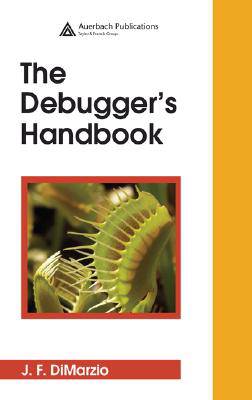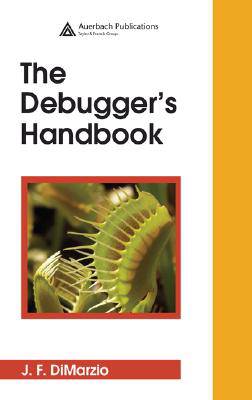
- Retrait gratuit dans votre magasin Club
- 7.000.000 titres dans notre catalogue
- Payer en toute sécurité
- Toujours un magasin près de chez vous
- Retrait gratuit dans votre magasin Club
- 7.000.0000 titres dans notre catalogue
- Payer en toute sécurité
- Toujours un magasin près de chez vous
Description
For today's programmers, it is impossible to foresee every input, every usage scenario, and every combination of applications that can cause errors when run simultaneously. Given all of these unknowns, writing absolutely bug-free code is unachievable. But it is possible, with the right knowledge, to produce nearly bug-free code and The Debugger's Handbook provides just the right guidance to do it. Focused on the best practices for writing code as well as on the methods to perform more effective debugging, DiMarzio promotes a natural debugging approach to writing code. He begins by examining and concretely defining just what a bug is, what circumstances are more prone to producing bugs, and how to avoid them from the start. Rather than focusing on techniques for a specific programming language, this book offers guidance on the basic philosophies and practices that can minimize the appearance of bugs in any language. Extensive use of examples-with sample code given in VB, VB .NET, C++, and Java-reinforce a practical understanding of the concepts and offer ample opportunity to put them to use. Working systematically through the programming steps encountered in practice, The Debugger's Handbook is the most versatile and practical guide available for minimizing errors, decreasing development time and costs, and making you a better programmer.
Spécifications
Parties prenantes
- Auteur(s) :
- Editeur:
Contenu
- Nombre de pages :
- 482
- Langue:
- Anglais
Caractéristiques
- EAN:
- 9780849380341
- Date de parution :
- 01-07-06
- Format:
- Livre relié
- Format numérique:
- Genaaid
- Dimensions :
- 165 mm x 235 mm
- Poids :
- 816 g

Les avis
Nous publions uniquement les avis qui respectent les conditions requises. Consultez nos conditions pour les avis.






